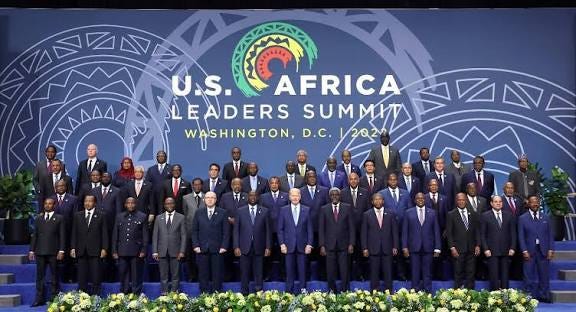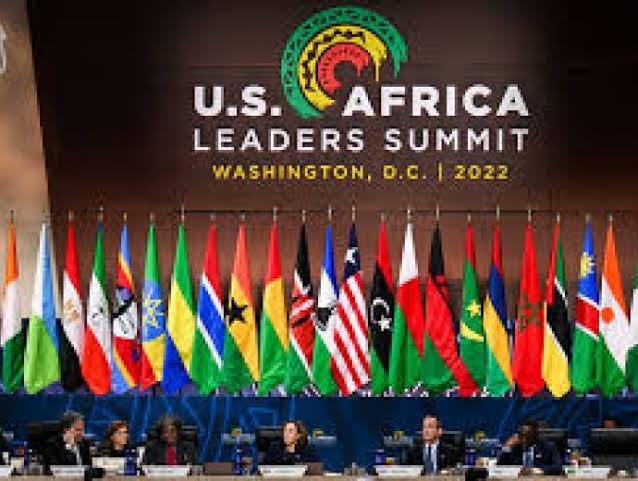Global Report: The US-Africa Trade Pact at a Crossroads. Now, The Future, and The Way-Forward.
The impending expiration of the U.S.-Africa Trade Pact, formally known as the African Growth and Opportunity Act (AGOA), on September 30, 2025, has ignited a critical reassessment of this 25-year-old economic relationship . This isn’t merely about trade preferences; it’s a catalyst for a fundamental debate on the terms of partnership between a global superpower and a rapidly transforming continent.
The past year has been marked by significant uncertainty. The return of the Trump administration, with its focus on protectionist trade policies and the imposition of new tariffs on many trading partners, cast doubt on the pact’s future. However, a recent development suggests a possible short-term reprieve. In late September 2025, Lesotho’s trade minister reported that U.S. officials have promised to extend the pact by one year, with a formal decision expected by November or December. It is crucial to note that this has not been officially confirmed by the White House, and the situation remains fluid.

The pact’s potential lapse or modification presents a complex dilemma for both sides, with compelling arguments on all sides.
Proponents argue the pact has been a success, boosting U.S.-Africa trade and supporting economic development. Non-petroleum exports from beneficiary countries to the U.S. grew significantly under the pact, helping nations like Kenya and Lesotho develop manufacturing sectors, particularly in textiles and apparel. Allowing it to expire would threaten an estimated $42 billion in bilateral trade and hundreds of thousands of jobs in Africa. For the U.S., the pact is also viewed as a key tool of soft power, helping to counter the growing influence of rivals like China on the continent.
Some expert say that the non-reciprocal nature of the pact feels outdated. Some U.S. officials have previously signaled a preference for negotiating bilateral deals with individual nations, like the one currently being discussed with Kenya, rather than a broad regional agreement . Furthermore, the pact’s eligibility requirements, which are tied to governance and human rights, have led to suspensions of countries like Ethiopia and Uganda, creating instability for investors.
This evolving situation forces a strategic question: should the goal be to preserve the existing framework, or is this the moment to push for a more equitable model that aligns with Africa’s own economic integration ambitions, such as the African Continental Free Trade Area (AfCFTA) ?

The coming weeks will be decisive. Will the U.S. Congress approve a short-term extension as reported, or allow the pact to lapse? Will African nations, often negotiating individually, be able to present a united front to secure a more favorable long-term arrangement ?
The answers will define the next chapter of U.S.-Africa economic relations. What principles should guide a new trade partnership—and who should set the terms? The debate is open.
Drop your opinions and comments, I am eager to learn from your perspective.
